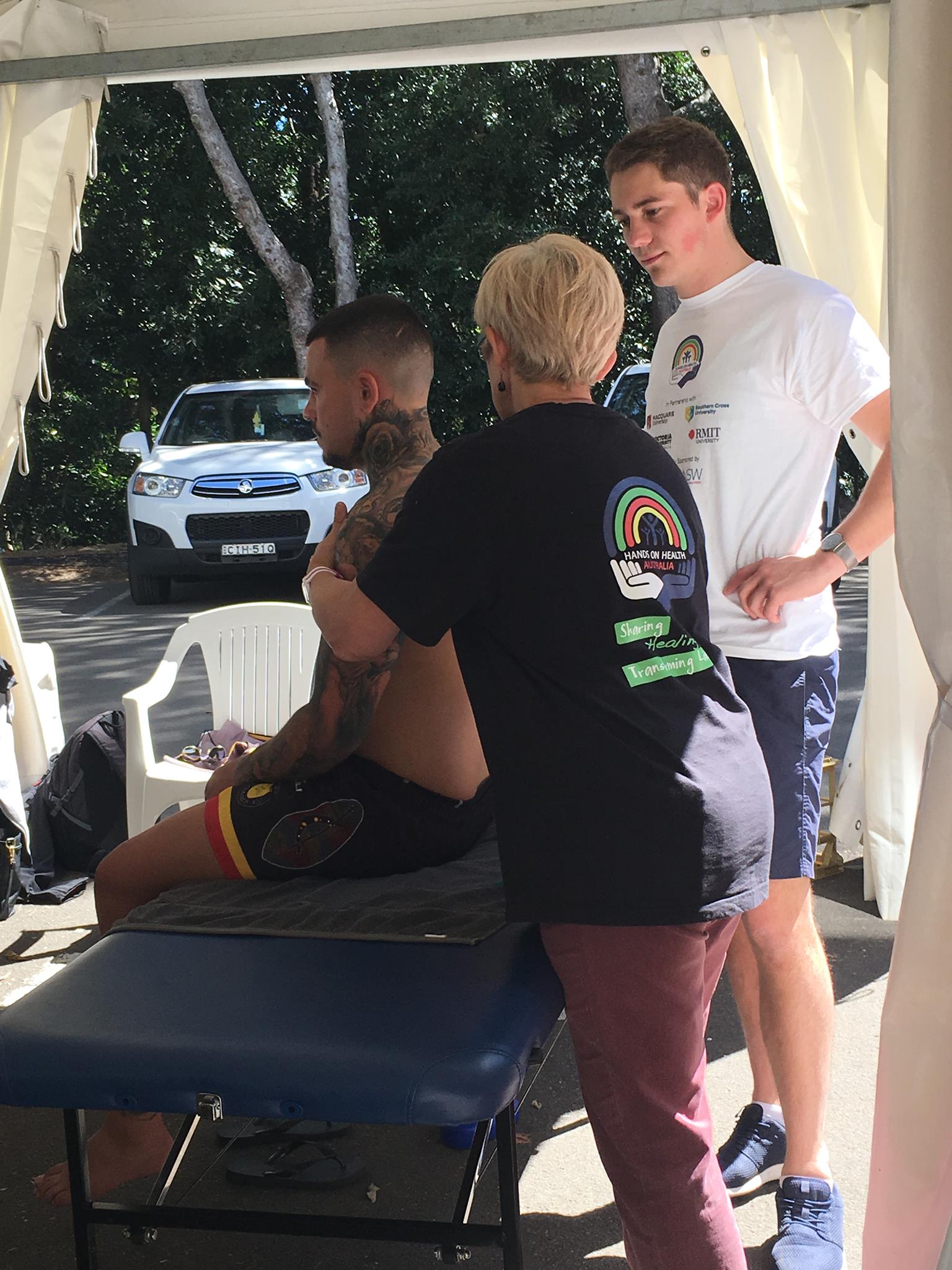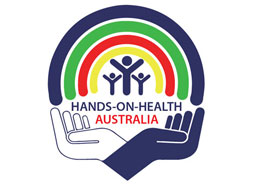Small to Medium Not for Profit organisations working with the disadvantaged continue to “fall between the cracks” in the Federal and State governments granting strategies.
Hands on Health Australia has written to Federal and State Ministers of Health and the Federal Government Charities Cabinet jointly headed by Tim Costello AO to alert them to the broadening their strategies because the Pandemic regulations are increasing the mental and physical suffering of many disadvantaged, especially with indigenous people.
HOHA Patron and retired psychologist Dr Sam Ginsberg, OAM said today that Stage 4 measures in Victoria will bring “significant additional stresses to many people who are already near breaking point”.
“This pandemic is awakening everyone to the importance of mental health and the need to have accessible Community based facilities that can meet what are now emergency situations. The legacy of Covid-19 will be mental scars on people that will affect their lives for many years to come,” he said.
“Governments need us as much as we need them,” he said. “This has to be a team effort more than ever.”
Victorian Chief Health Officer, Professor Brett Sutton has already publicly stated that the transmission of the virus into socially disadvantaged communities in its second wave had seen it potentially leapfrog investigators.
HOHA looks after more than 80,000 disadvantaged people, many of whom are Aboriginal, a year through its clinics in Queensland, Victoria and New South Wales. HOHA has been providing physical and mental health services, as well as legal and financial assistance, for the past 35 years through the services of more than 400 volunteers from the education and community development sectors.
“We have alerted the Federal and State Ministers to the situation for three months now, but there has been silence to our pleas,” said the Chairman of HOHA Dr Joan van Rotterdam.
“The challenges the Chief Health Officer has highlighted are what we have been facing on a day-to-day basis at Hands on Health clinics’ to people urgently in need of health services.”
HOHA CEO Franca Smarrelli said the charity could only provide limited services to its clients through on-line consultations via mobile phones, with many in the sector not having or being able to access computers.
“Governments need to provide us with the financial assistance to meet the huge growth in the need for mental health services in the community so we can not only expand our services to our clients, but also help us remain viable,” she said. “If we had not been left to fall through the cracks with government policy, charities of our dimension would be far more effective.”
Professor Sutton’s assessment of the disadvantaged and the challenges they are facing with their rapid increase of the virus is fully supported by Dr Sam Ginsberg.
“We have witnessed this faster growth, and as Prof. Sutton said it has been ‘faster than in wave one and in many respects faster than some other waves across the world.’”
Dr. Ginsberg said charities on the front line of helping communities need as much assistance as they can get from government at the moment.
“It’s time to work together and for government departments to have a greater understanding of who is offering essential and critical front-line services in the wider community – not letting a number fall between the cracks because of broad based policies,” he said.



